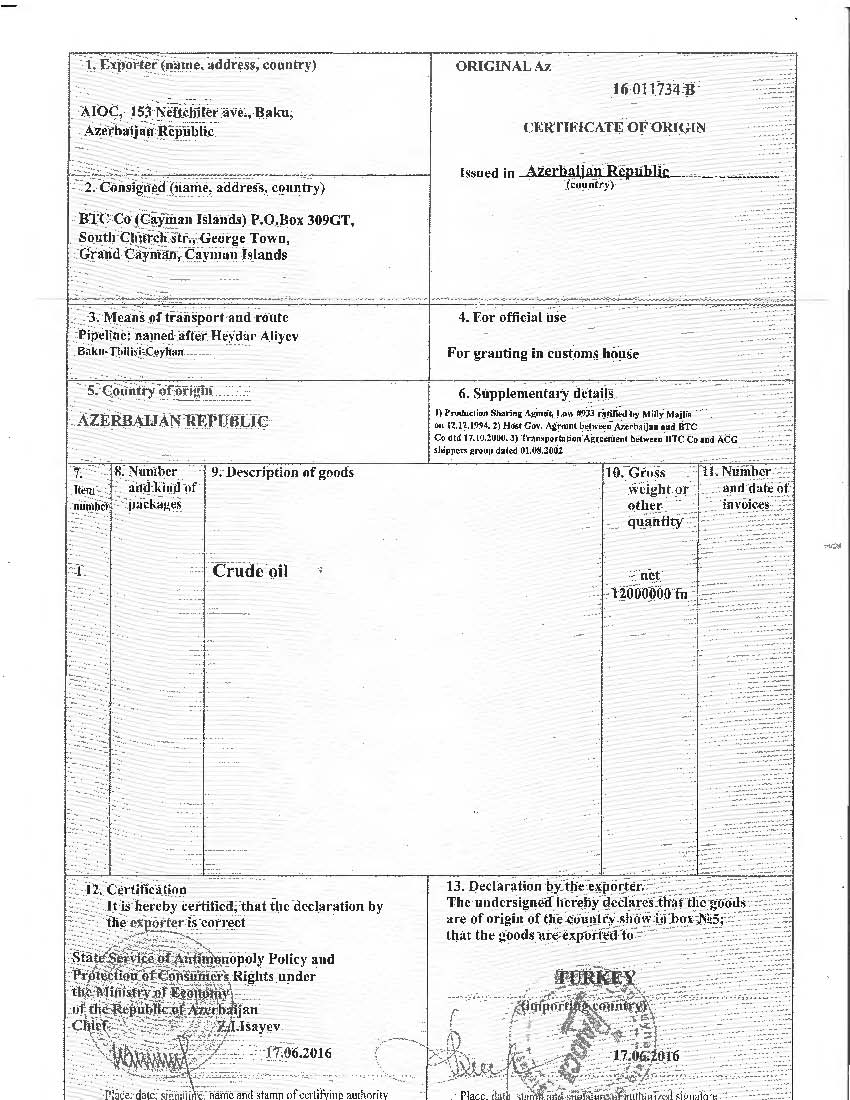Flag Of Convenience
Flags of convenience came into existence in the late sixties. In the earlier stage, they were not welcome. Now they have not only come to stay but the established maritime nations also are now establishing such registration procedures. We shall learn why flag of convenience









